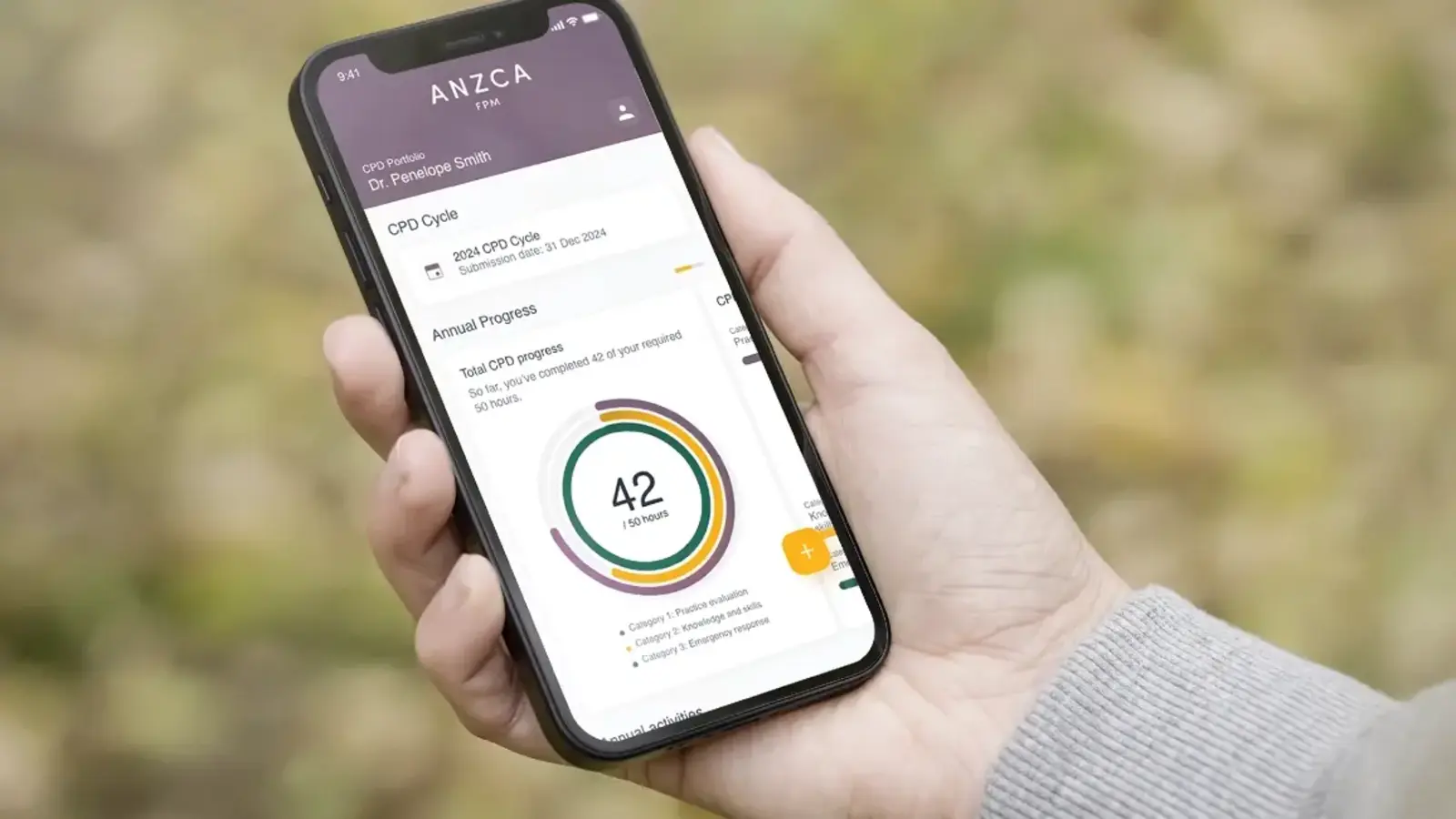
Cultural safety, addressing health inequity, professionalism, and ethical practice (CAPE) requirements.
As an accredited continuing professional development (CPD) home, ANZCA is required to embed CAPE requirements across its CPD program.
CAPE is a framework of four key principles that are integrated into CPD for all registered health practitioners in Australia:
- Culturally safe practice (C)
- Addressing health inequities (A)
- Professionalism (P)
- Ethics (E)
These principles are aligned with Good Medical Practice: A Code of Conduct for Doctors in Australia.
As of 1 January 2026, Fellows and CPD participants will be required to attribute at least one CPD activity in each domain annually:
- Addressing health inequities (A) – This is learning that focuses on recognising and addressing the social determinants of health that can lead to disparities in health outcomes for different population groups.
- Professionalism (P) - This is learning that covers the expected standards of behaviour, conduct, and ethical decision-making for health practitioners.
- Ethical practice (E) - This is learning that encompasses the moral principles that guide healthcare practice, including issues like confidentiality, informed consent, and professional boundaries.
There will be no minimum number of hours to be completed for each domain area. The total number of CPD hours (50 hours) and completion of the mandatory cultural safety (C) component remains unchanged from prior years.
A new domain labelling system will be introduced into the CPD Portfolio and CPD App from 1 January 2026 to allow CPD participants to attribute their CPD activities to the CAPE domains.
To support fellows and CPD participants with these requirements:
- The CPD Standard will be updated later this year.
- The CPD Portfolio and CPD App will be updated so fellows and CPD participants can select A, P or E to attribute the activity to one of these domains (as of 1 January 2026).
- Library resource CPD guides will be published later this year, alongside FAQ webpages.
Changes to the CPD Mandatory Compliance Policy
As an accredited CPD home, ANZCA is obligated to report to the Medical Board of Australia on CPD compliance. In accordance with this obligation, ANZCA is required to report participants as non-compliant with their CPD requirements each year. The CPD Mandatory Compliance Policy has been updated to reflect these evolving regulatory requirements and compliance processes.
This is also a timely to reminder for all fellows with 2025 CPD program requirements to update their portfolios to ensure the requirements are met by the 31 December 2025.
CPD Exemption or Variation Policy
The CPD Exemption or Variation Policy replaces the CPD Special Consideration Policy. This policy has been renamed and revised to align with Ahpra’s updated guidelines for exemptions or variations (previously referred to as special consideration) within the context of CPD requirements.


